Celebrating the 45th anniversary of the Victory Day of the war to protect the southwestern border of the Fatherland and the victory of the Cambodian army and people over the genocidal regime (January 7, 1979 / January 7, 2024) - a glorious history of the two nations
The ancients have a saying: "Remember the sweet and the bitter". Every year, January 7 is an occasion to review the tradition of solidarity and standing shoulder to shoulder between the army and people of Vietnam and Cambodia during difficult times in the history of the two nations. On the occasion of the 45th anniversary of the Victory Day of the war to protect the southwestern border of the Fatherland and the victory of the Cambodian army and people over the genocidal regime (January 7, 1979 / January 7, 2024), the People's Army Newspaper respectfully introduces a series of articles looking back at the glorious history of the two countries and peoples.
After years of fighting side by side, sharing joys and sorrows together in the long and arduous resistance war against colonialism and imperialism, the people of Vietnam and Cambodia should have enjoyed peace and built a prosperous and happy life. Unfortunately, the reactionary Pol Pot group betrayed the revolutionary cause of the Cambodian people and destroyed the tradition of solidarity between the people of Vietnam and Cambodia.
The destruction of the century
Vietnam and Cambodia are two close neighbors with a long-standing traditional relationship. The two peoples have united, shared and supported each other in times of difficulty and adversity, together overcoming many ups and downs of history. On September 14, 1952, at the Vietnam-Laos People's Alliance Cadres Conference, President Ho Chi Minh emphasized: "Vietnam is closely united. Laos is closely united, Cambodia is closely united... Unity here means unity in spirit, unity in action, unity in struggle, not unity in words" (*). The victories of the Vietnamese revolution, especially the General Offensive and Uprising in the spring of 1975 by the Vietnamese army and people, contributed to creating opportunities, strengthening the position and strength for the Cambodian liberation army to advance, liberating the capital Phnom Penh on April 17, 1975, successfully ending the resistance war of the people of the land of pagodas.
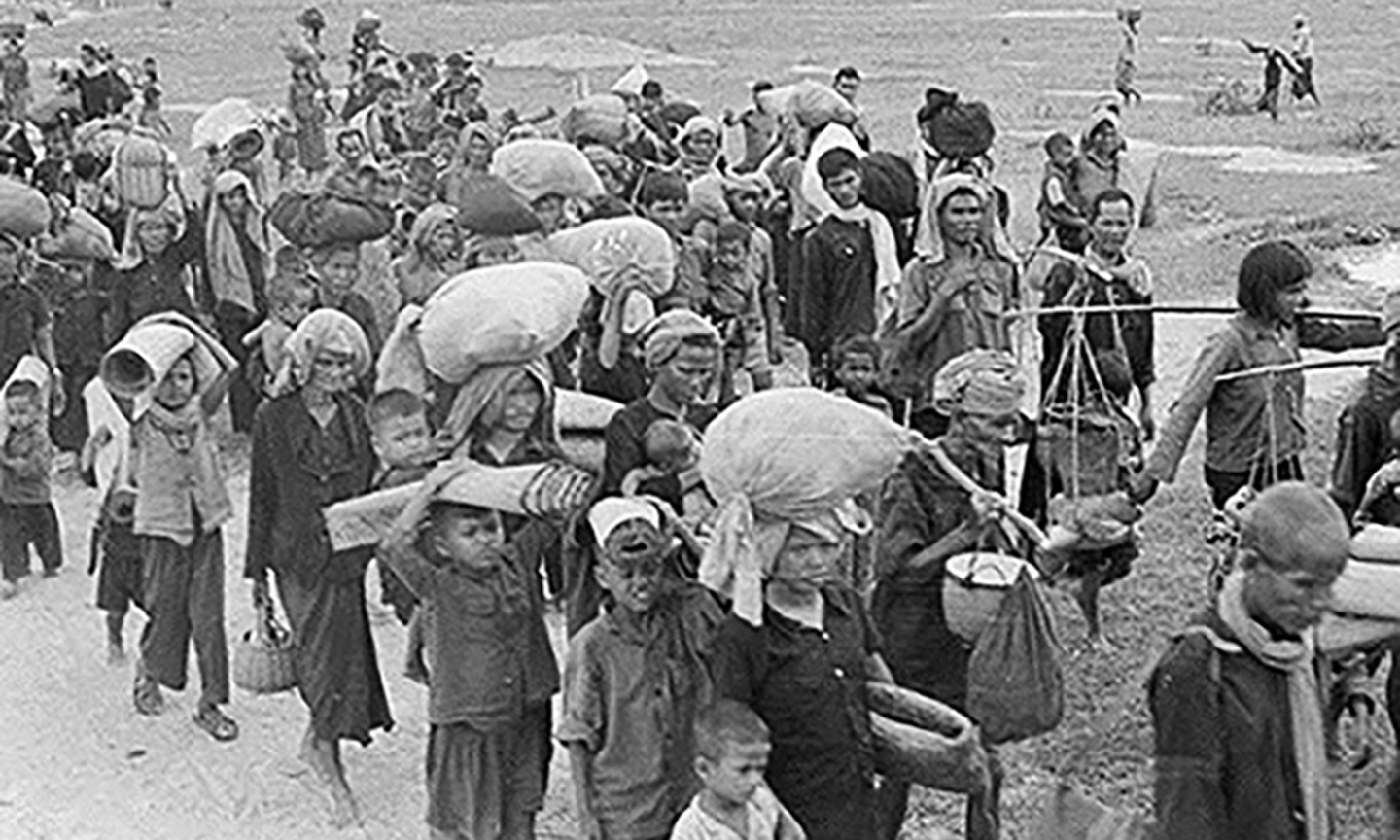 |
Cambodian people fled to Vietnam to escape the genocide of the reactionary Pol Pot group. Photo: Archive |
After the historic victory in the spring of 1975, the dark shadow suddenly descended with a brutal century-long destruction that carved a painful page into the history of Tonle Sap. According to the Khmer Times, the reactionary Pol Pot group, after taking power in April 1975, caused the Cambodian people to "once again fall into a great national tragedy", the country of pagodas "faced a terrible genocide, unprecedented in human history". Cambodian villages were devastated, the fate of the country was plunged into the scythe of death Angkar.
Humanity will never forget that in just 3 years, 8 months and 20 days, the Pol Pot group - with the dream of creating "a classless, self-sufficient agricultural utopia" - committed a crime that "heaven cannot tolerate, earth cannot forgive", killing more than 3 million innocent Cambodians, completely eliminating all social foundations. In an interview with a reporter from the People's Army Newspaper, Professor Pankaj Jha of the Jindal School of International Relations (India) assessed that the period under the rule of the Pol Pot group was "one of the darkest periods in Cambodia's history". Samdech Techo Hun Sen, President of the ruling Cambodian People's Party (CPP), was quoted by the Khmer Times as describing Cambodia at that time as nothing more than a "dark killing field". "This brutal regime took the lives of millions of innocent people and destroyed the entire country. Cambodians were forced into hard labor, without food, without hospitals, without schools, without freedom. The brutal regime left people with nothing but skin and bones, waiting to die," Samdech Techo Hun Sen recalled.
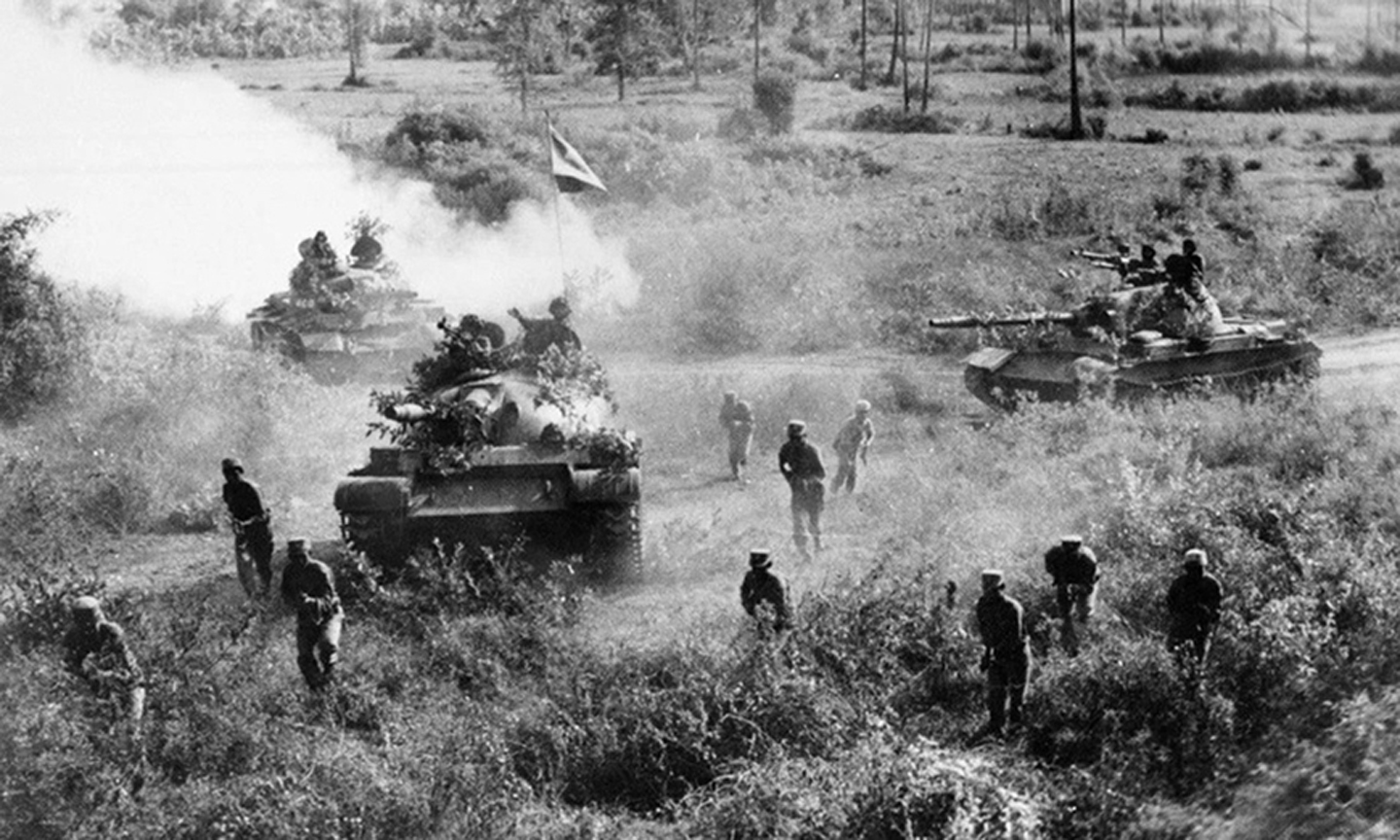 |
Cambodian revolutionary armed forces and Vietnamese volunteer soldiers practice together to improve combat techniques. Photo: Archive |
Faith in Vietnam
Not stopping there, the Pol Pot group also implemented a hateful policy against Vietnam, considering Vietnam as an enemy of Cambodia, in order to trample on the "valuable bilateral relationship" as affirmed by the Khmer Times. Despite Vietnam's appeals, goodwill and efforts to maintain peace, friendship and dialogue, they tried to propagate and defame the image of Vietnam, incited anti-Vietnam sentiment, waged a bloody war, violated sovereignty and territory, and committed heinous crimes against the Vietnamese people. "The Pol Pot group was not satisfied with killing its own people but also wanted to kill the people of neighboring countries," Samdech Techo Hun Sen recounted in the historical documentary "Marching towards national salvation" produced in 2017.
Faced with the danger of national extinction, the best sons of the Cambodian people stood up and gathered forces to find a way to save the country. Many uprisings of the armed forces and the Cambodian people broke out. However, due to the difference in the comparative strength of forces and weapons, the struggle suffered many losses and faced a dangerous situation. In the midst of the extreme hardship of the Cambodian revolution, Samdech Techo Hun Sen, then a regimental commander, and a number of patriotic Cambodians decided to go to Vietnam to ask for help in organizing a resistance movement to liberate the country. In the film “Marching towards national salvation”, Samdech Techo Hun Sen shared that at that time he always believed that “Vietnam would not stand idly by when Cambodia was in trouble”. “Why did he trust Vietnam and run to Vietnam? That is because Vietnam is a neighboring country that has shared the joys and sorrows, standing shoulder to shoulder with Cambodia in the struggle against the common enemy to gain independence”, the film affirmed.
(continued)
(*) President Ho Chi Minh on this day in history, volume II, National Political Publishing House - Truth, 2010.
According to People's Army Electronic Newspaper
.
Source



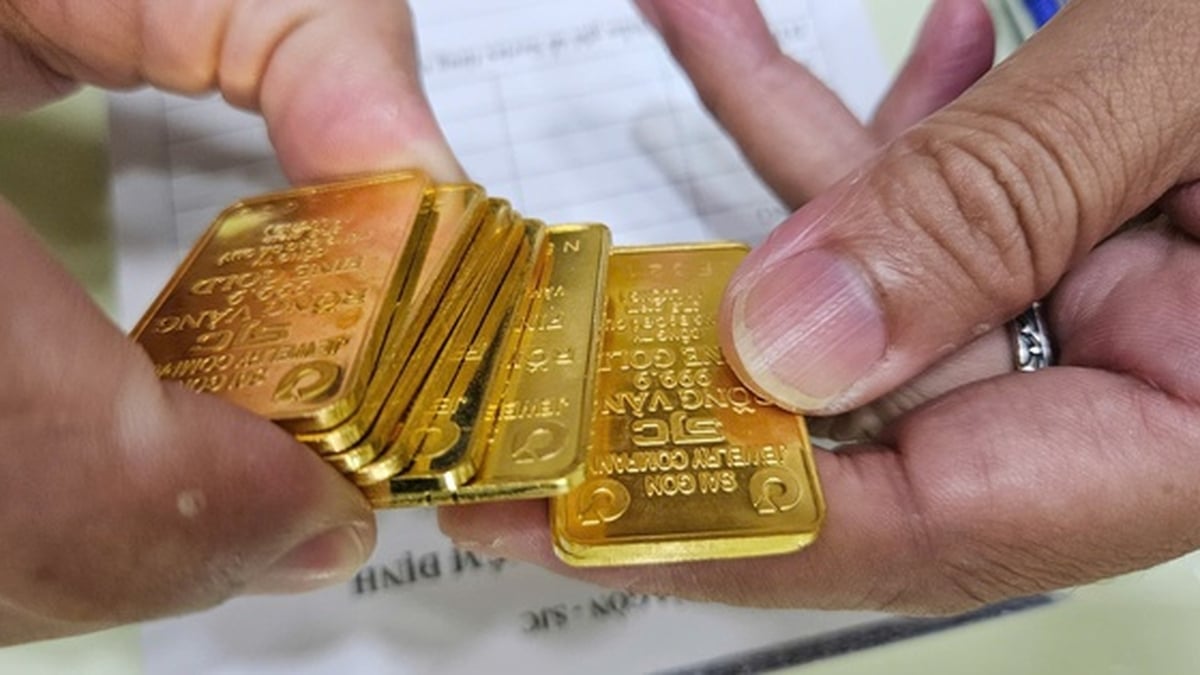

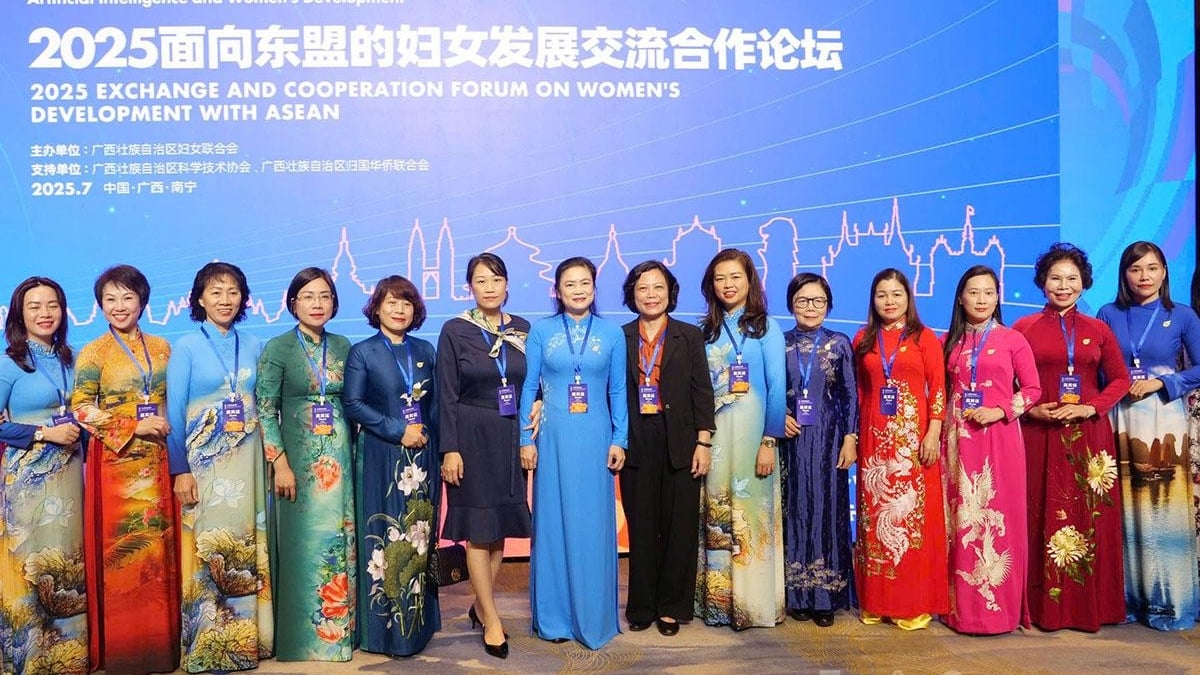

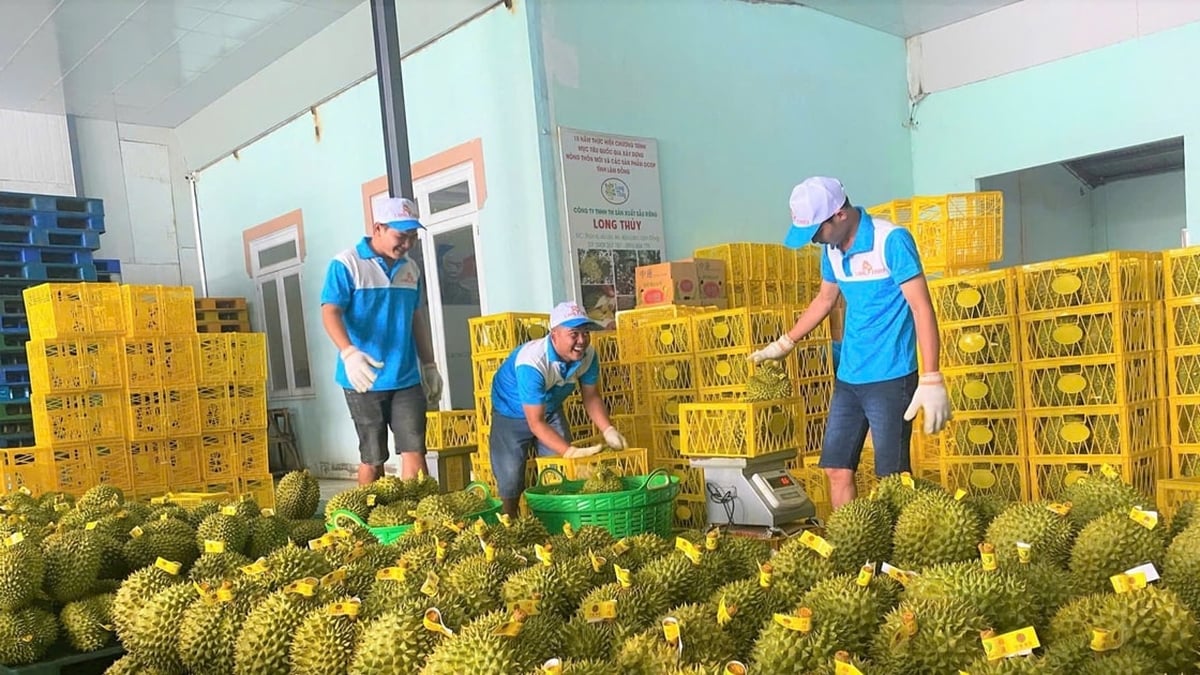
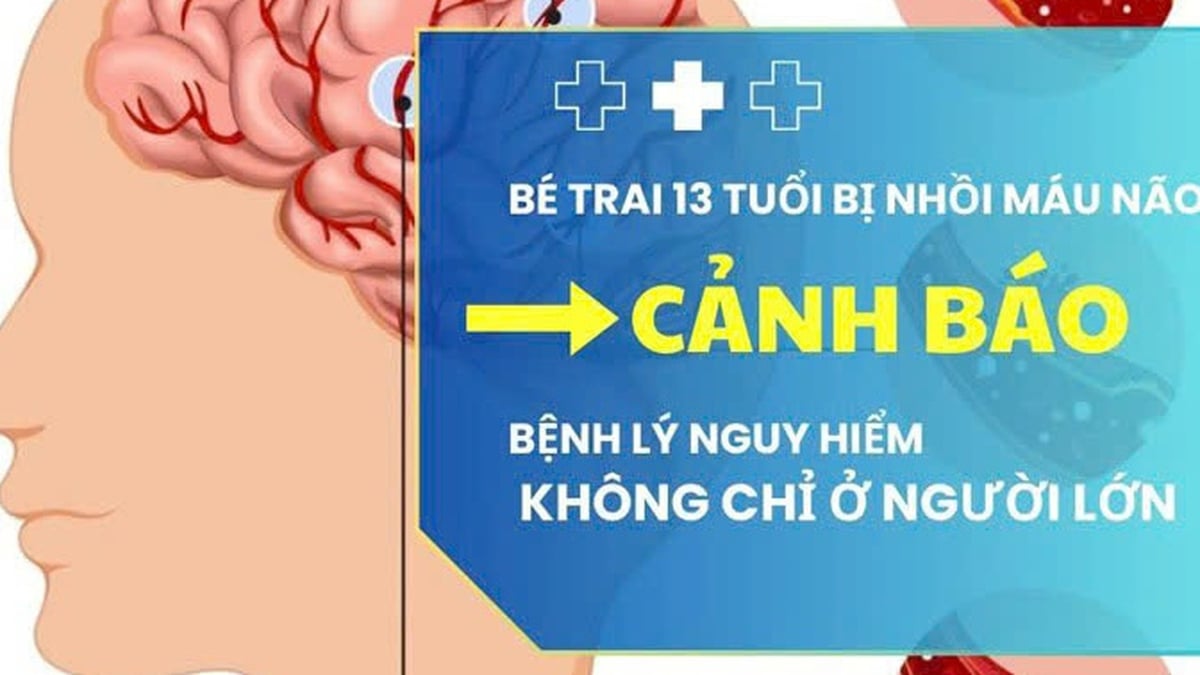

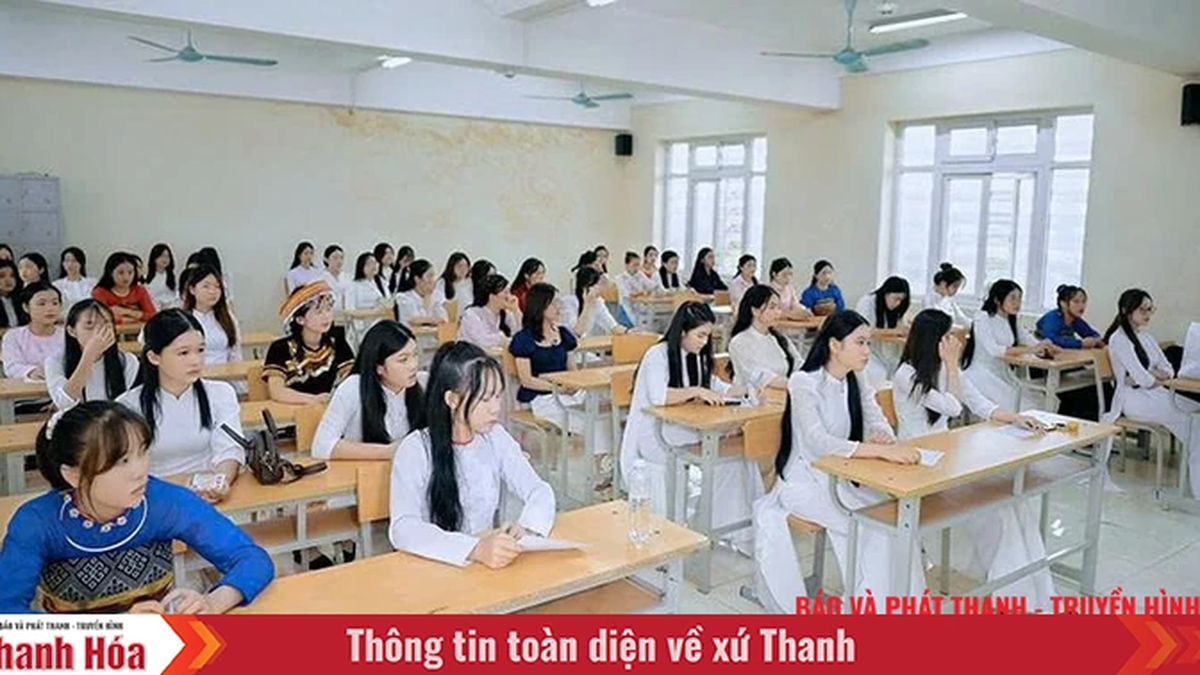
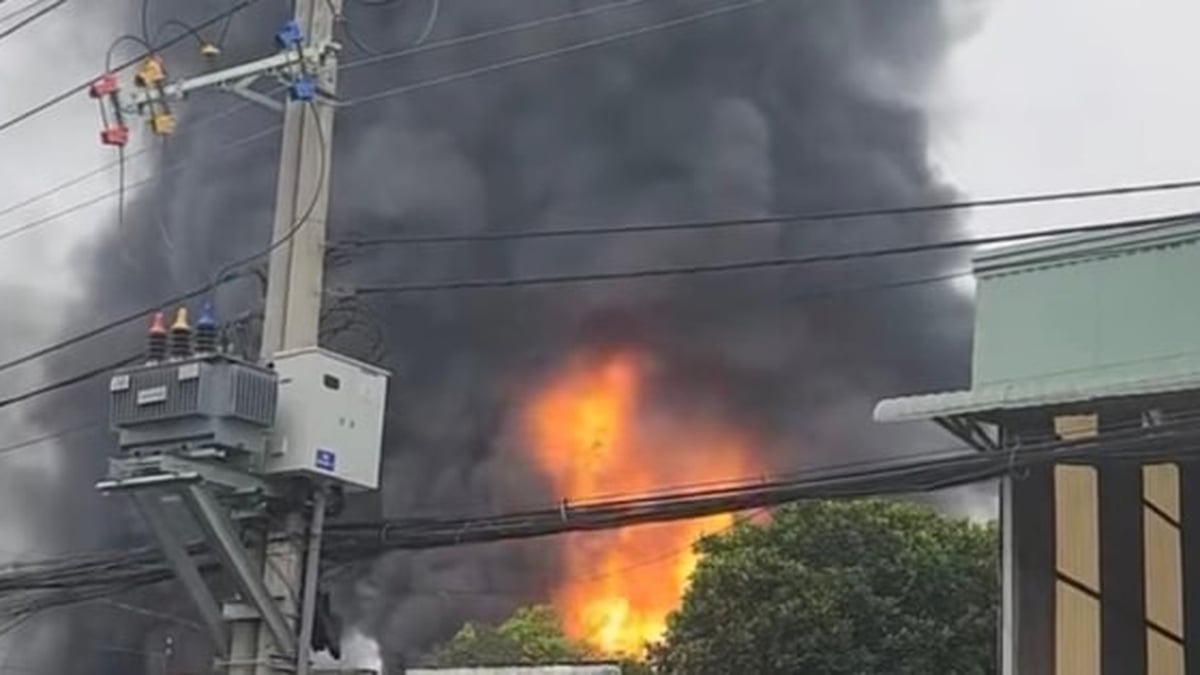






































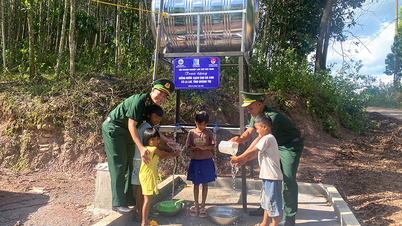






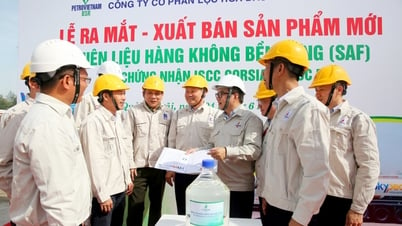




![[Maritime News] More than 80% of global container shipping capacity is in the hands of MSC and major shipping alliances](https://vphoto.vietnam.vn/thumb/402x226/vietnam/resource/IMAGE/2025/7/16/6b4d586c984b4cbf8c5680352b9eaeb0)

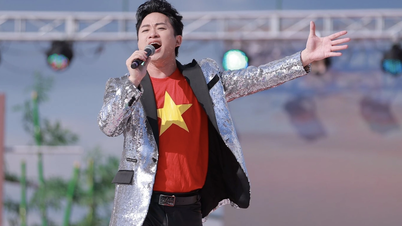
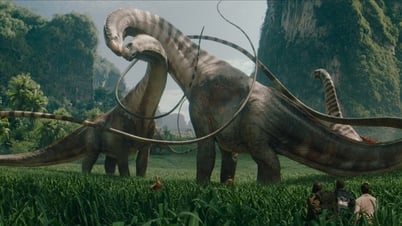

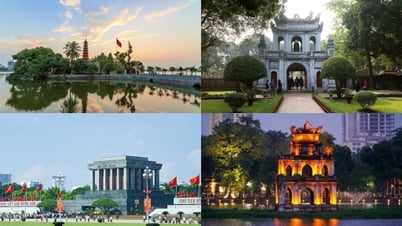

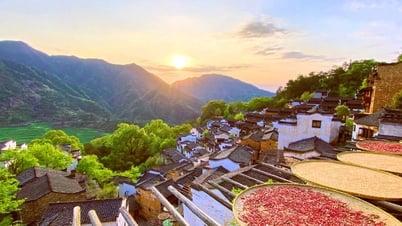
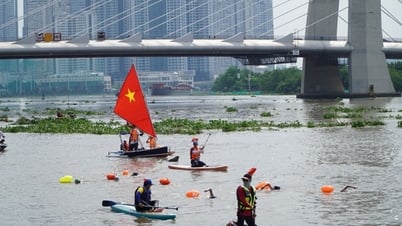


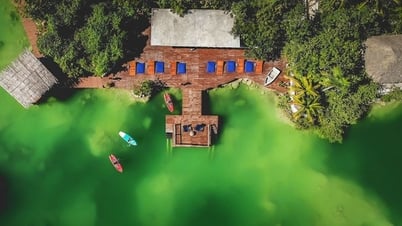
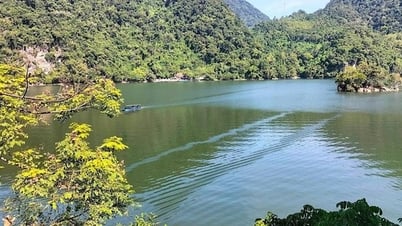
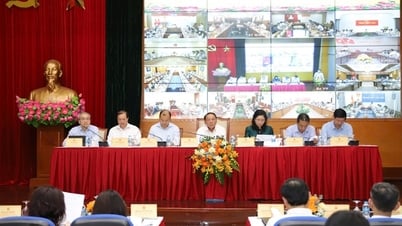
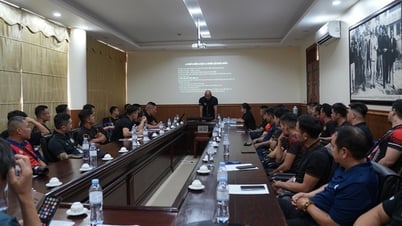























Comment (0)